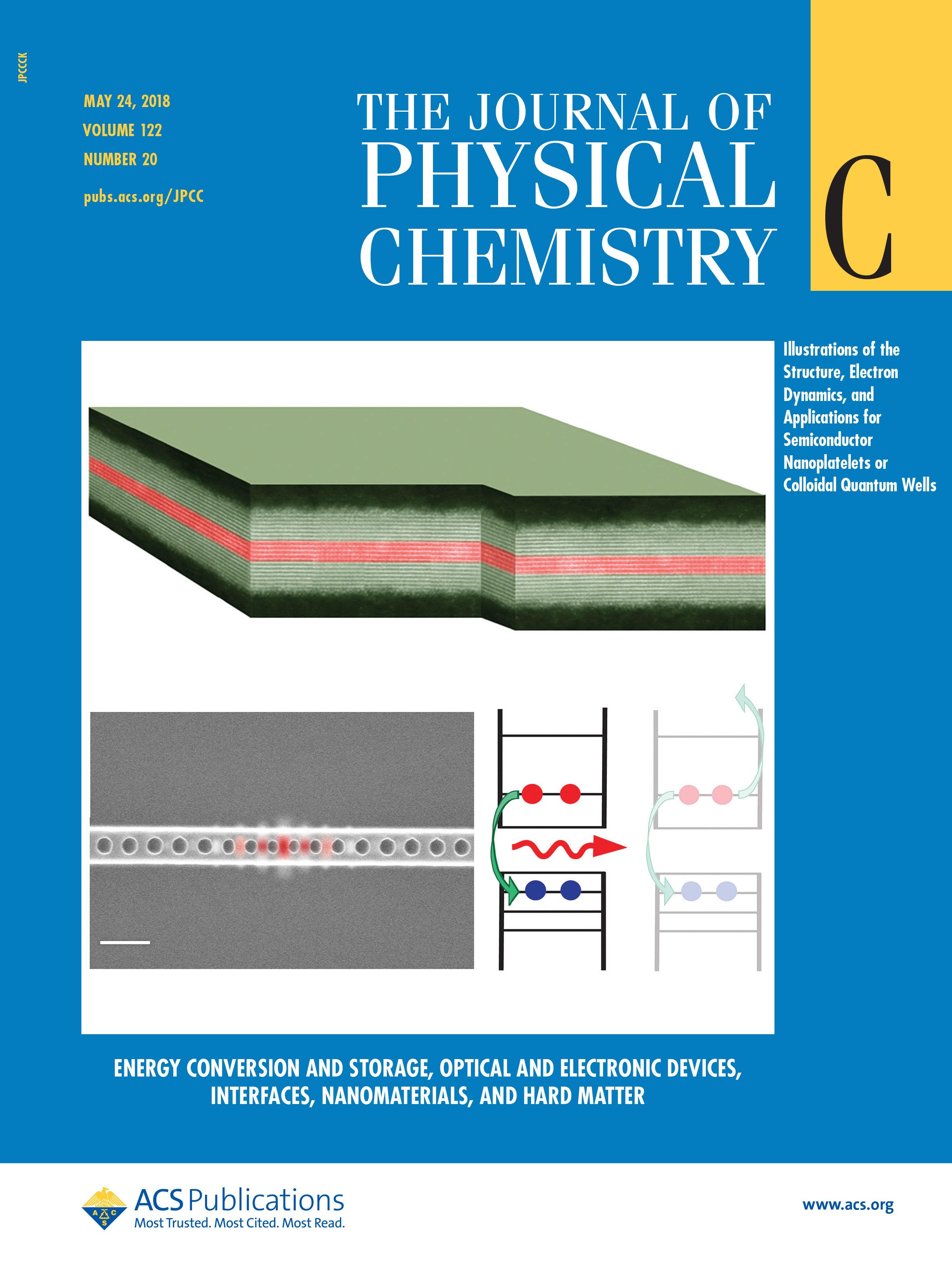“Carrier dynamics, optical gain, and lasing with colloidal quantum wells.”
Matthew Pelton
J. Phys. Chem. C, Col. 122, page 10659 (2018)
URL: https://pubs.acs.org/doi/full/10.1021/acs.jpcc.7b12629

Matthew Pelton
J. Phys. Chem. C, Col. 122, page 10659 (2018)
URL: https://pubs.acs.org/doi/full/10.1021/acs.jpcc.7b12629
Abstract: The most recent class of semiconductor nanocrystal to be synthesized colloidally is the quantum well, in which carriers are confined quantum mechanically in only one dimension. Electrons and holes in colloidal quantum wells undergo different dynamics than in either colloidal quantum dots or epitaxially grown quantum wells, providing new opportunities for applications. The opportunities presented by cadmium chalcogenide nanoplatelets are particularly exciting, because they can be grown with control over their thickness down to the single atomic layer and with all nanoplatelets in an ensemble having the same thickness. This Feature Article reviews the relaxation and recombination dynamics of electrons and holes, which are tightly bound into excitons, in nanoplatelets. These dynamics are favorable for optical gain and lasing, and this Article reviews the progress that has been made toward practical realization of nanoplatelet lasers, including the demonstration of low thresholds for room-temperature gain and lasing. Looking forward, the engineering of nanoplatelet heterostructures provides new opportunities to control carrier dynamics, opening up in particular the possibility of observing strong multiexcitonic effects at room temperature.